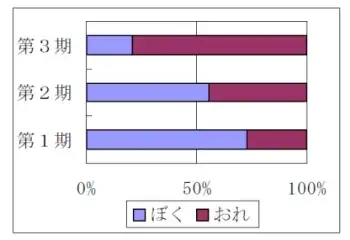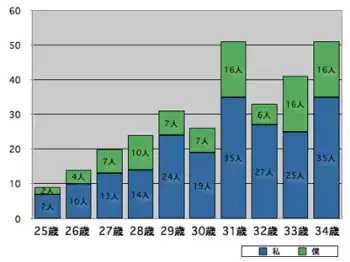My friend and I are learning Japanese. For a time, all we knew was 私, but after we learned more words, she started to use あたし when referring to herself, and I began using 僕. What I'm wondering is, how commonly are these used?
Related: Is it ok for non-japanese to refer to themselves as [僕]{ぼく} and if not why?

